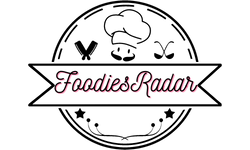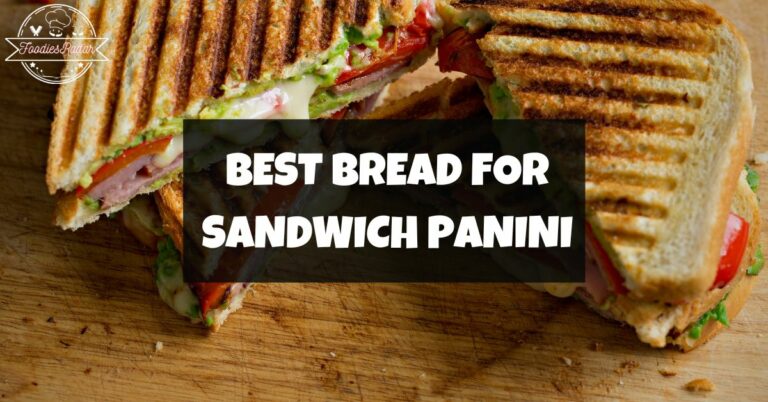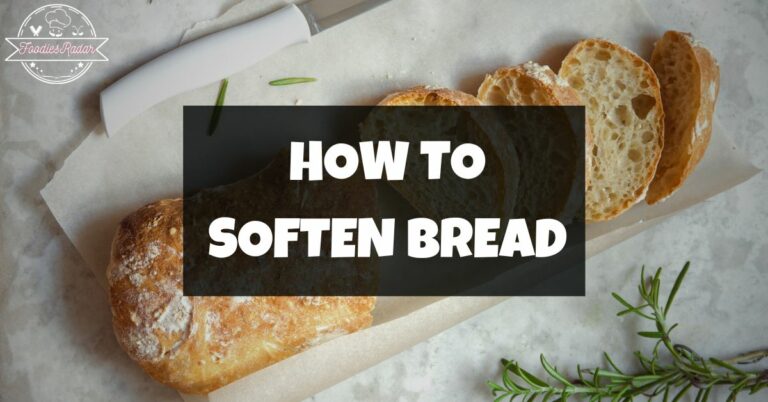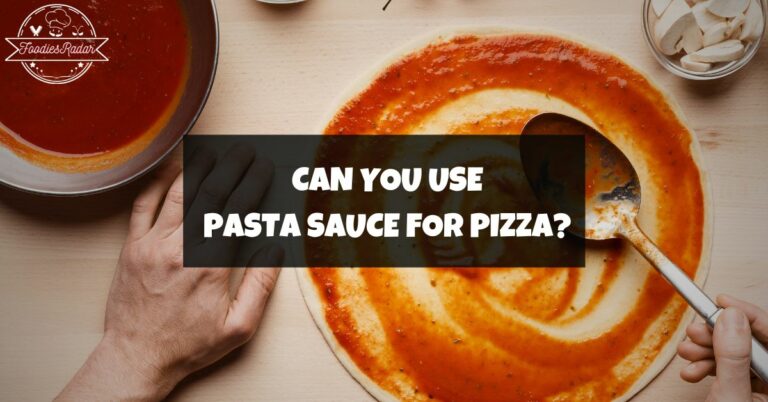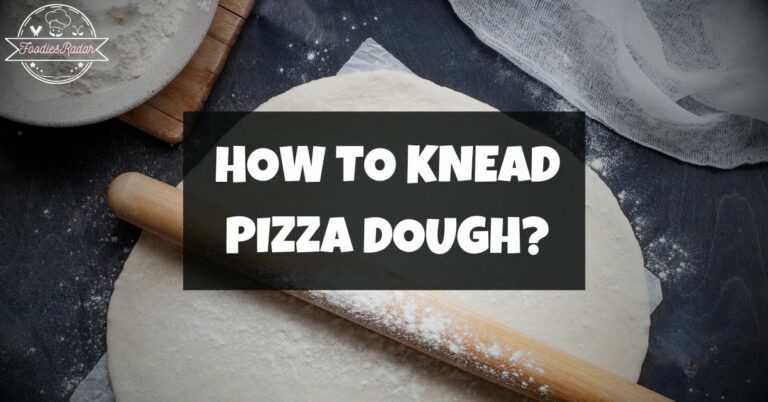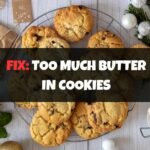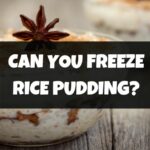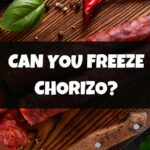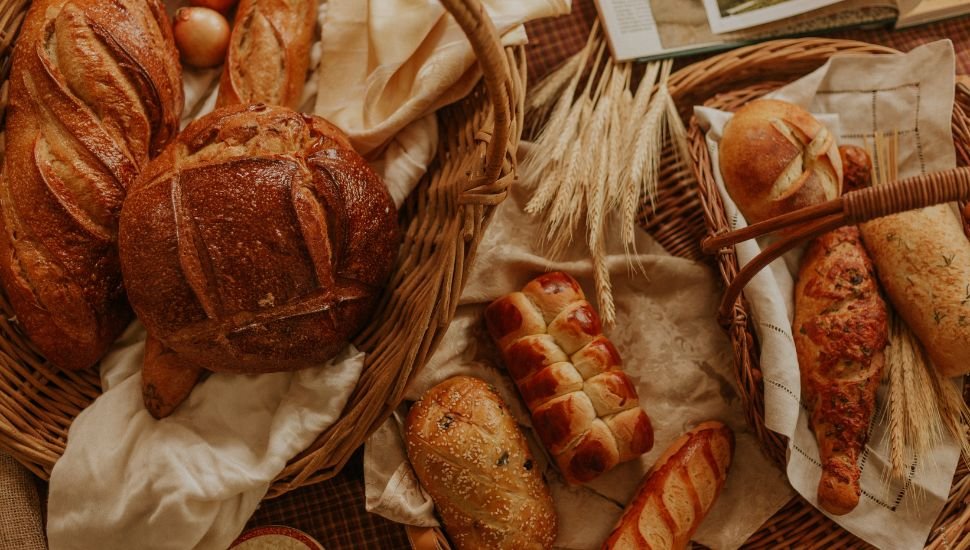
Are you a Vegan that is confused about whether the bread which everyone consumes on a daily basis is Vegan?
Do you want to know the facts behind the ingredients that are used in bread? Then stay tuned as in this article, I will be exploring whether is bread vegan or not.
But before I go onto any explanations, I would like to first introduce the people who are unaware of what veganism is and what it entails.
In simple words, Vegans tend to eat mostly plant-based food and do not owe their basis to any animals.
This makes them extremely vigilant and question the ingredients behind every food item, including bread, which is one of the most consumed food items in almost every part of the world.
So, with this introduction, let us get into the main topic at hand.
Is Bread Vegan?
When I look into the basic ingredients behind the baking of bread, which we consume on a daily basis, I find that it is completely suitable for vegan consumption.
The basic ingredients include water, flour, salt, and yeast, which are fit for vegan consumption, and none of the ingredients owes their basis to any animals.
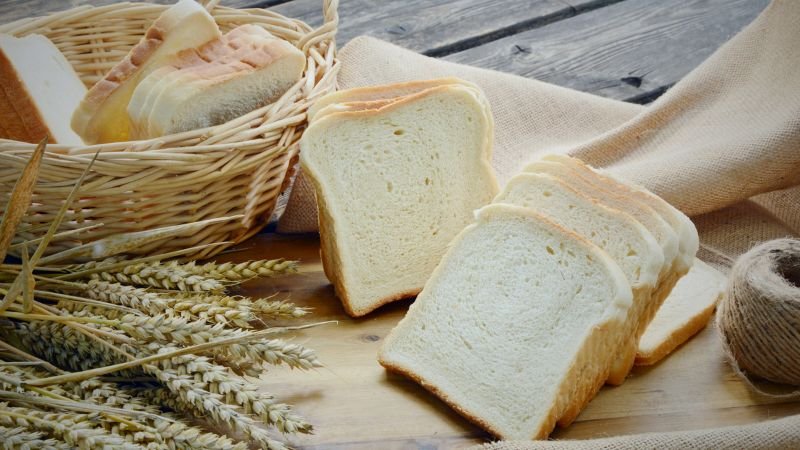
However, there are many types of bread which contain some other ingredients which are based on animals. These include eggs, buttercream, milk and honey.
These things give the bread a definitive shape which some argue also contributes much to the bread tasting better.
Therefore, these animal-based breads are not fit for vegan use. You also do not need to look far to find these non-vegan breads.
If you go into your local supermarket and look for the ingredients on the bread, you will find all of them mentioned plainly.
However, you can skip them entirely and go for the basic bread, which conforms to the vegan lifestyle.
How To Tell What Bread Is Vegan?
There are a few ways to check if a bread is vegan. First, you can check the ingredients on the bread to see if it is entirely vegan.
If the packaging does not have anything, you can ask the person behind the counter whether the bread is vegan or not by confirming the ingredients of the bread.
However, if you are a bit introverted or do not have anyone to ask behind the counter, you can check the bread itself to see how much it has been processed. The lesser the processing, the more likely the bread is vegan.
Another method is checking out the texture of the bread. To spot a vegan bread, you should check that the surface is dry and flat, a telltale sign of it being plant-based.
Can Vegans Eat Bread?
If you have chosen to conform to a vegan lifestyle, it is of utmost importance that you do not eat every type of bread you find on the table. Many varieties of bread cannot be eaten without compromising the vegan lifestyle.
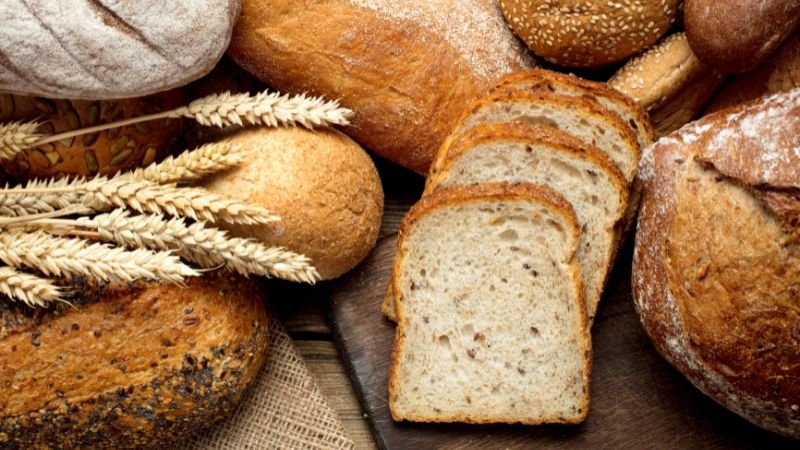
Therefore, you should always check the ingredients of the bread you are about to eat. The plain simple bread with a flat and dry texture is vegan-friendly for the most part.
You should also look at the type of bread that are vegan-friendly. Some of which I have mentioned below.
What Kind of Bread Can Vegans Eat? Common Types of Vegan Bread?
There are many different types of bread that are consumed throughout the world. Let me give you a list of breads usually considered vegan.
- White bread from basic flour, yeast, water, and salt is considered vegan.
- Wheat bread is just like white bread; however, only the type of flour is changed, and is, vegan-friendly.
- Multigrain bread usually contains oats, barley and other ingredients and is considered vegan.
- Sourdough is also considered vegan, but confirming the ingredients is necessary.
- Pita bread is a middle eastern bread and is considered vegan.
- Roti is a South Asian bread considered vegan if ghee is not used.
- Focaccia bread has olives and herbs in it and can be considered vegan.
- Rye bread contains. Rye bread is usually considered vegan.
- The basic recipe behind Baguette is considered vegan; however, some may add animal-based products to it. Confirm the ingredients before purchase.
- Plain Bagels are also considered vegan.
- Ciabatta is also considered as vegan as the essential ingredients are the same flour, water, yeast and salt.
- Tortillas that do not contain lard are vegan-friendly.
- Plain Spelt bread is also considered vegan.
When Is Bread Not Vegan?
As I mentioned earlier, bread baked with the essential ingredients, which include flour, yeast, salt, and water, is considered Vegan. They are delicious and are a fit for vegan consumption.
However, several bakers and bakeries use different ingredients like egg, milk, or honey as a binding or sweetening agents to give their breads more taste and refined shape.
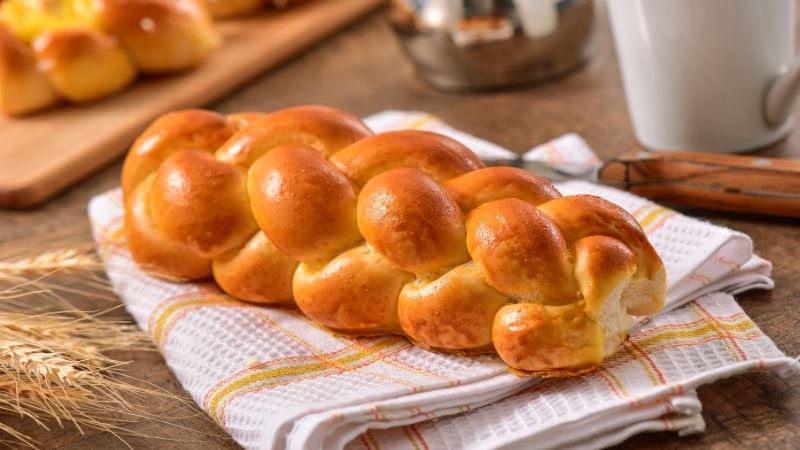
These types of bread cannot be considered vegan as animal-based products are in them. I have also mentioned below some of the bread that is not fit for vegan consumption.
Types of Non-Vegan Bread?
Some types of bread with dairy products or other animal-based ingredients make them unfit for vegan consumption. Some of these breads, which are definitely not vegan, are mentioned below.
- Brioche is a bread that is not considered vegan because it has essential ingredients like butter, milk, and eggs that give it its taste.
- Challah is bread consumed mainly in Israel, and it contains eggs as an essential ingredient making it unfit for vegan consumption.
- Naan bread is a South Asian bread with ghee as its essential ingredient making it unfit for vegan use.
- Cornbread contains eggs and milk, which compromises the vegan lifestyle.
- The classic recipe for Soda bread also makes it non-vegan.
Is There Vegan Garlic Bread?
If you are on a vegan diet or following the vegan lifestyle, I have good news for you as there is vegan garlic bread available, and they are usually a lot cheaper than the more expensive non-vegan garlic bread.
You can check out various restaurants with vegan garlic bread, which uses oil instead of dairy products, making them fit for vegan consumption.
Final Verdict:
This was everything that you needed to know about bread being vegan. However, to summarise, the essential ingredients of bread which include flour, yeast, water, and salt, are all plant-based and, therefore, can be considered vegan.
There are many bakeries which use dairy products in the creation of bread which makes their products non-vegan. Hence, you should check out the ingredients on the packet before making your purchase.
Related guides:
